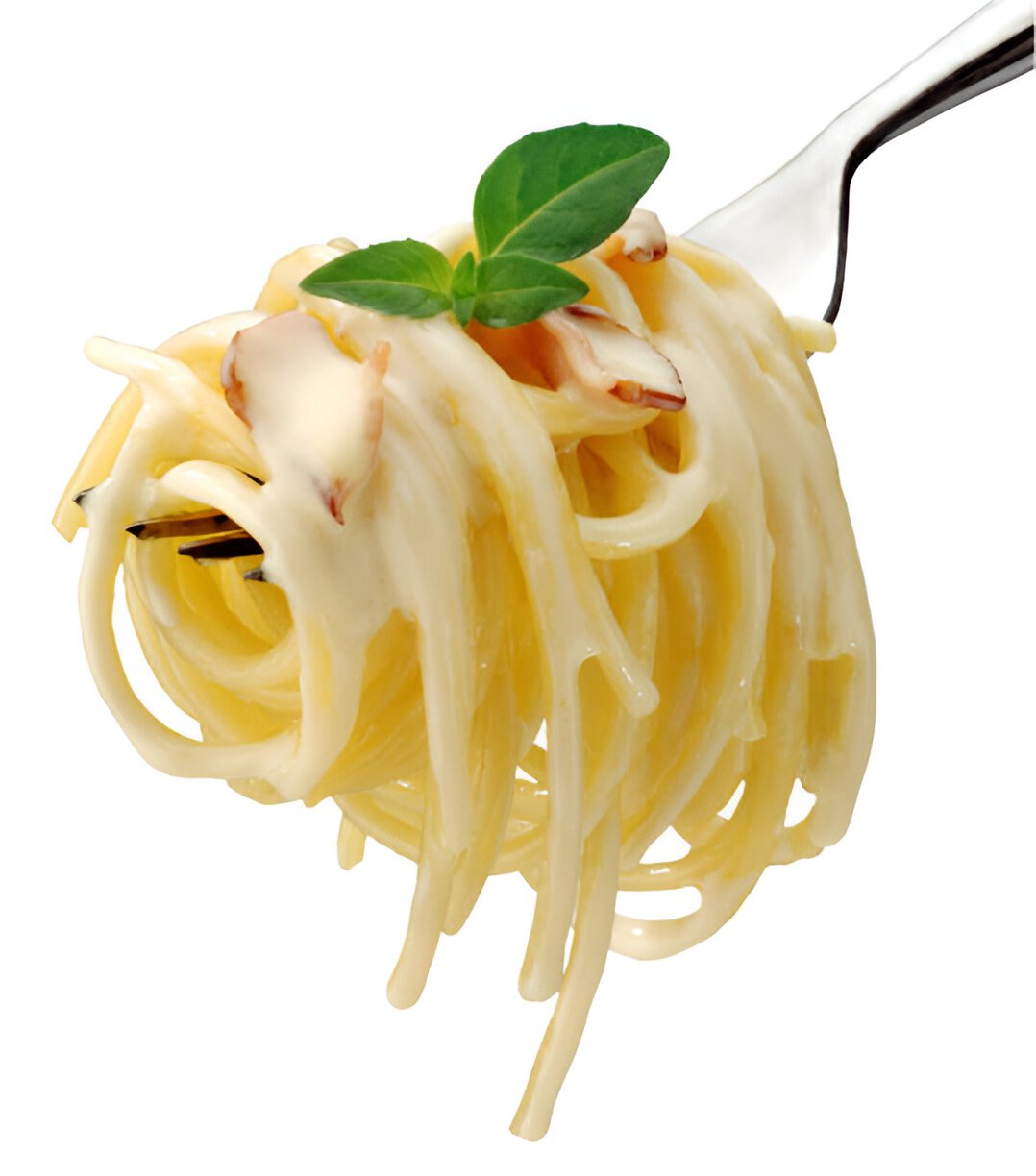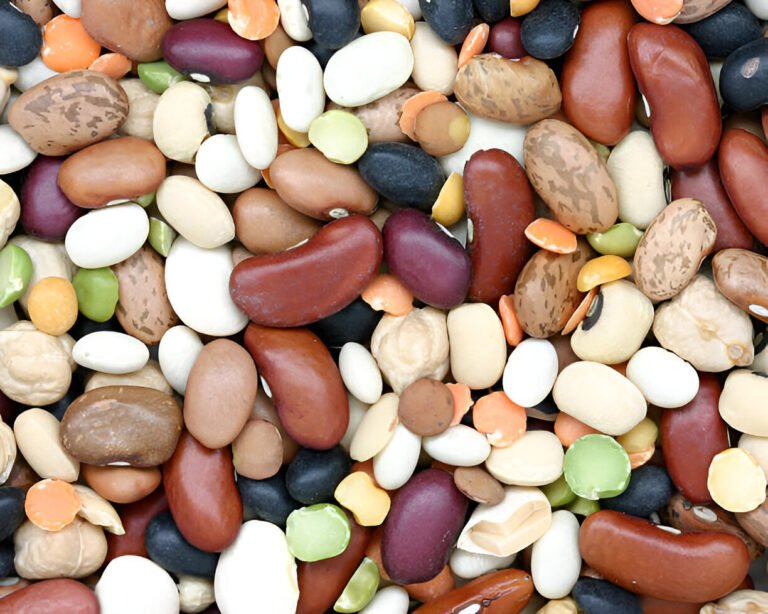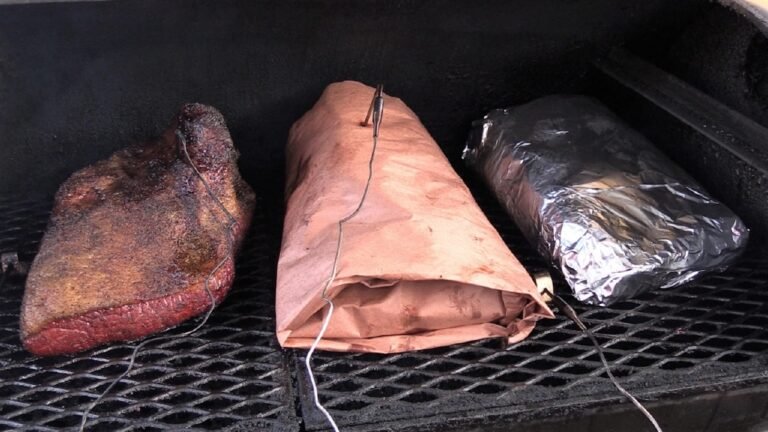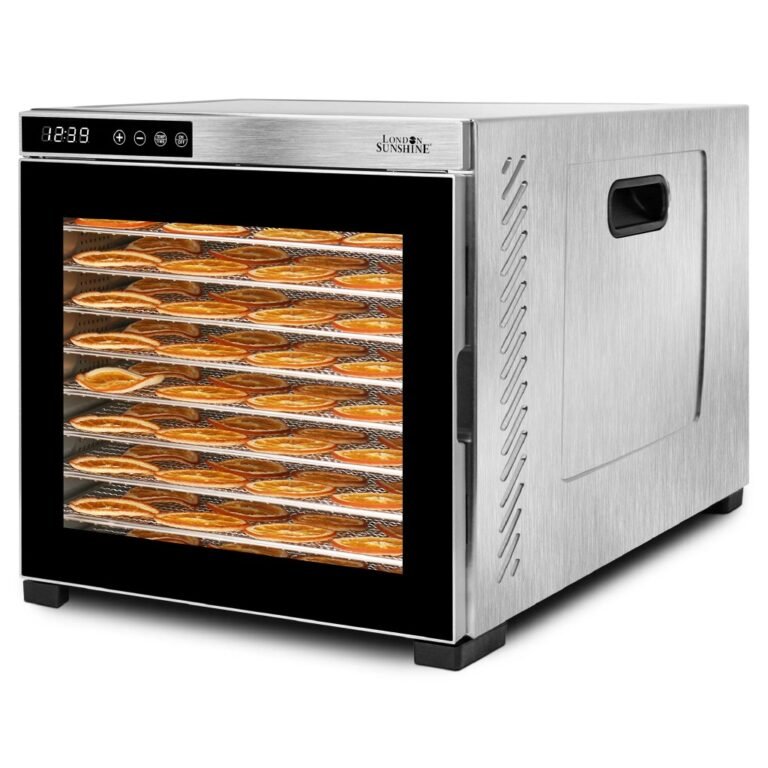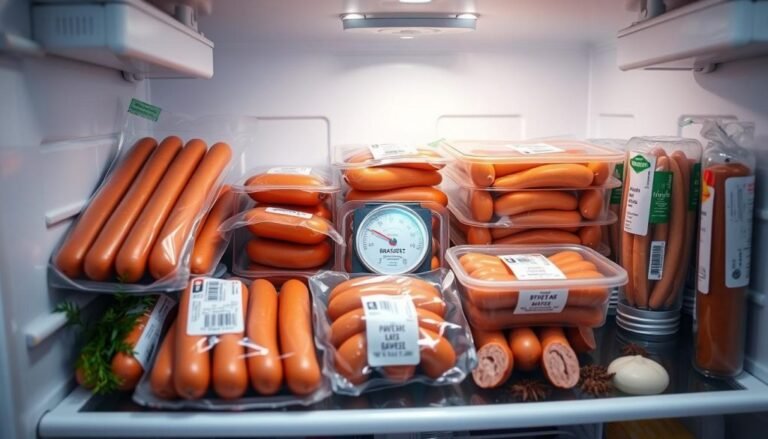How Do Restaurants Keep Pasta From Sticking? Secrets Revealed
If you’re not a good cook, you certainly can at least cook pasta noodles. It’s just a simple meal that is easy to prepare. But the tricky thing about cooking pasta is it could get sticky.
So how do restaurants keep pasta from sticking? If you can not do it by yourself, you may be missing some pasta routine techniques. We’re here to give you foolproof tips. Let’s go.
What “Al Dente” Means and Its Significance in Pasta Cooking
Al dente” is an Italian phrase that translates to “to the tooth,”. It is just referring to pasta that is cooked just enough to retain a firm, slightly chewy texture. To get the perfect consistency, you just need to boil pasta for just the right amount of time. This way, it stays tender but firm when you bite into it.
The cultural and culinary importance of al dente pasta cannot be overstated. In Italian cuisine, al dente pasta is highly valued for its ability to enhance the overall flavor and mouthfeel of the dish. Perfectly cooked pasta also holds sauces better, creating a harmonious blend of textures and tastes.
Why Al Dente Matters:
- Texture: Firm pasta provides a satisfying bite.
- Sauce Adhesion: Rough surfaces hold sauces more effectively.
- Digestibility: Slightly undercooked pasta is easier to digest.
| Pasta Type | Al Dente Cooking Time |
| Spaghetti | 8-10 minutes |
| Penne | 10-12 minutes |
| Fettuccine | 9-11 minutes |
Cooking al dente pasta is a skill that boosts your home meals. It adds both authenticity and flair to every dish. Getting the right texture is important for a great meal.
So, whether you’re making spaghetti carbonara or fettuccine Alfredo, focus on this step for the best results.
Top 5 Effective Ways Restaurants Keep Pasta From Sticking
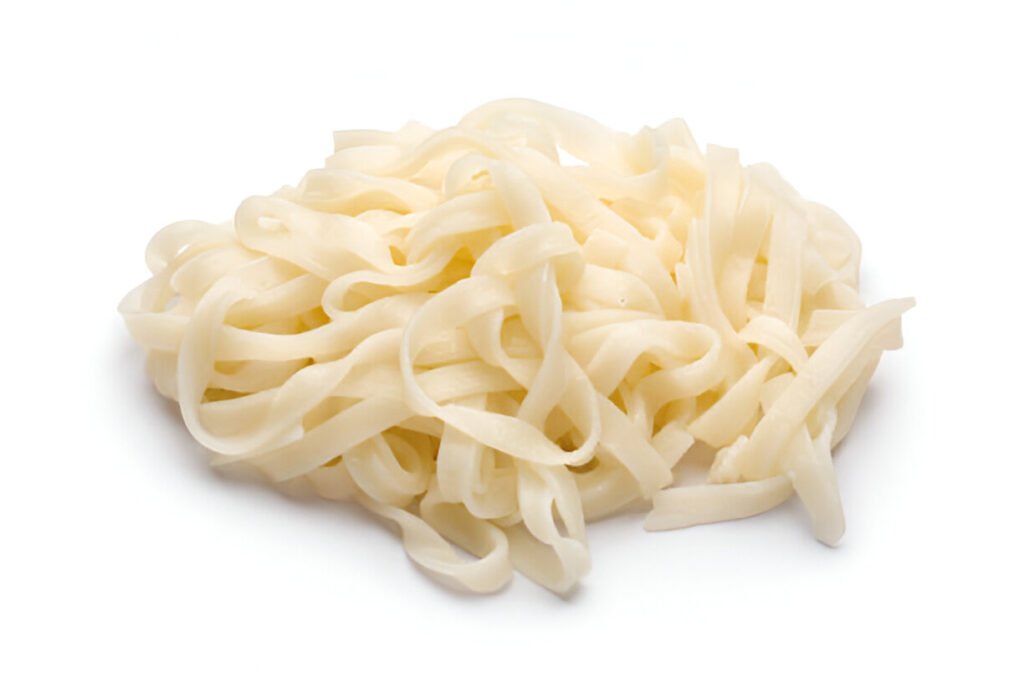
1. Add Pasta To Boiling Water
If you put your pasta in before the water is boiling, it will become clumpy and gummy.
Once you add pasta to boiling water, it lowers the heat of the water. So if your water weren’t already boiling, it’d be pretty lukewarm once you added your noodles.
So, bring it to a boil first. Then, add your pasta noodles to stop them from sticking together. This way, you can get the cooked noodles smooth, al dente delight.
2. Keep Stirring the Pasta
When you drop the dry noodles into boiling water for the first few minutes, they’re covered in sticky starch.
The noodles will stick together if you don’t constantly stir them for the first two minutes. A constant stir will separate them, so every noodle is perfectly cooked.
| Check out: How To Make Pasta Less Salty In 5 Ways: Guide |
3. Add a Drop of Oil or a Knob of Butter
If your pasta cooking process involves adding salt and oil as your noodles boil, you’re doing it wrong. Yes, oil makes your pasta less sticky, but it also makes it so slippery that when you add sauce to it, it just slides right off.
If you intend to eat your noodles buttered or with olive oil only, feel free to add oil to the boiling water.
Alternatively, you can sprinkle a drop of oil or a knob of butter once the pasta has been drained. Fresh pasta absorbs sauce well and stays moist without losing flavor.
4. Make Sure It Has Enough Water
Using plenty of water is another key to preventing pasta from sticking together. I suggest using 1 gallon of water [1] for each package. This helps remove extra starch from the noodles, so they won’t stick together.
Also, making sure there is enough water on the pan allows the starch to separate from your noodles.
Chef Tip: If you’re cooking dried pasta, you can add salt to the pasta water before it boils.
5. Don’t Drain Too Long
Never let your pasta sit on the drainer while waiting for the sauce to be ready. It should be the other way around.
Have the pasta sauce bowl ready first while you wait for the noodles to cook. So, once your pasta is done, you can mix the two right away.
Do They Keep Cooked Pasta Submerged in Pasta Water?
Restaurants won’t keep cooked pasta soaked in water as it can result in soggy and waterlogged noodles.
You can use the pasta water, actually, for your pasta sauce. The salty and starchy water where you cook the pasta is a great addition to the sauce.
Tips When Cooking The Pasta
- We suggest rinsing it with cold water if you’re not eating it right away. This removes the starchy residue, which is the primary cause of noodles sticking together.
- When you’re ready to eat the noodles, reheat pasta in the pot with the sauce of your choice. If you’re making pasta (cold dish pasta), this method also works (minus the reheating).
- You can add one tablespoon of olive oil to the pasta water to prevent the pasta from sticking together.
- A bit of pasta water can boost the flavor and volume of your dish. It adds depth as the sauce cooks down to the level you want.
FAQs on Restaurants Keep Pasta From Sticking
Does rinsing pasta keep it from sticking?
Yes. Rinsing pasta keeps it from sticking as it lifts away the residue causing it to stick. This is especially true when you’re making spaghetti.
If you need to store your homemade pasta to be used later, rinsing it with cold water would be ideal.
Does oil prevent pasta from sticking?
It depends. Oil can only prevent sticking when you add it to the freshly drained pasta. But adding it to the pasta water does not make a huge difference. It only floats to the top of the water.
Should you rinse pasta with cold water after cooking?
Yes. You can rinse pasta using cold water after cooking to stop the cooking time further. However, it will also rinse delightful starch [2] that aids sauce clinging to the pasta.
You only need to rinse it with cold water if you need to store it for later or when you plan to make cold pasta dishes.
Does Gordon Ramsay put oil in pasta water?
Yes. Gordon Ramsay adds oil with salt to the pot of pasta water. He uses olive oil and waits for the water to boil. Then, he adds the noodles to the pot to prevent overcooking.
Conclusion
Your routine is the key to enjoying a plate of perfectly prepared pasta. Only add the noodles when the water is boiling and make sure it has enough water. Have a constant stir and only add a drop of oil or butter onto the pasta water.
Once cooked, don’t let it sit on the drainer too long. Then, add your favorite acidic sauces right away and enjoy the food.
Preparing and eating your favorite noodle dish doesn’t have to be complicated. Just follow our tips above, and in no time, you can get to enjoy the food that everyone loves — pasta!
References:
- https://blog.prepscholar.com/how-many-glasses-in-a-gallon-of-water
- https://www.medicalnewstoday.com/articles/what-is-starch

